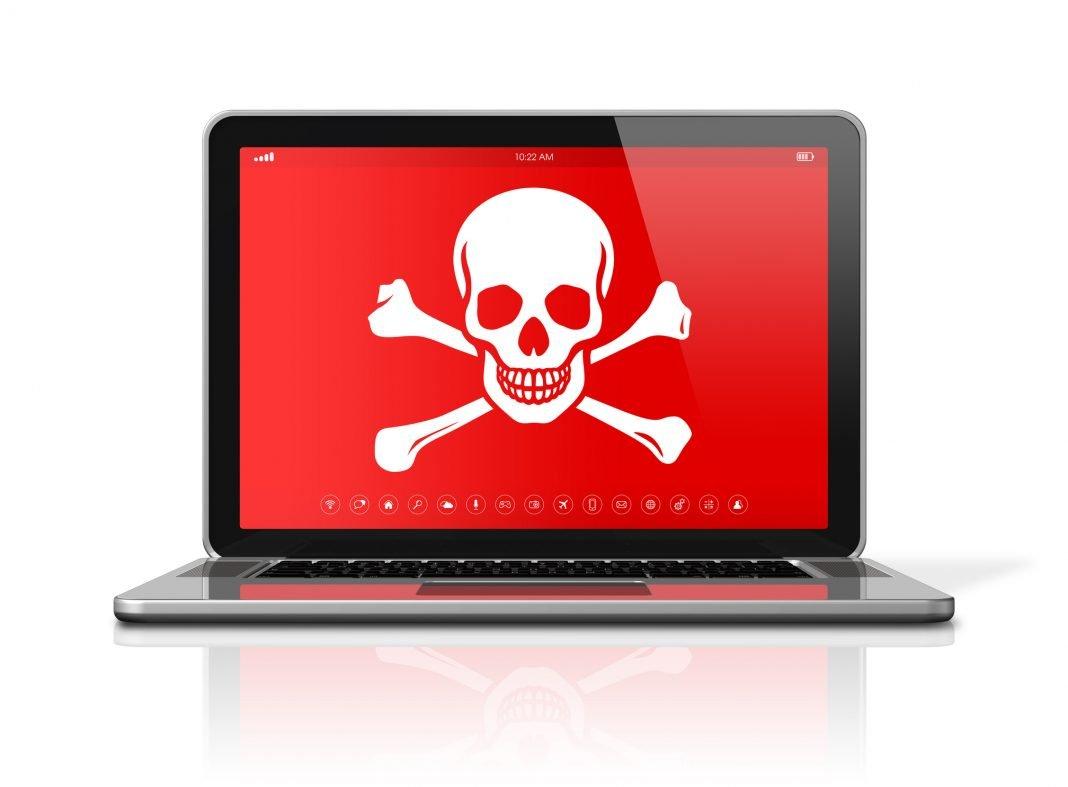Hard to imagine, but appointment television hasn’t been a real thing for more than a decade now. First, we recorded. Now, we stream. After transforming (actually killing) the movie rental industry, Netflix started streaming in 2010. It changed how consumers viewed television by providing subscribers access to a sizable library of movies and shows on a wide variety of devices.
With a low price point, it wasn’t a very attractive target for hackers. It worked. By 2018, Netflix streaming accounted for 15% of all worldwide downstream traffic on the internet.
The rise of Netflix’s streaming service also led to a decline in piracy. BitTorrent, the preferred method of illicit (if not illegal) file downloading and sharing decreased by a whopping 25 percent between 2011 and 2015. It was no longer the only quasi-infinite virtual warehouse of digital content. That approach to content had become monetized by Netflix; the paradigm of “everything, all the time” went mainstream.
For those who say, “How so?” piracy has long been a hot button topic among intellectuals, some saying it’s not about cost (free, in the case of piracy), but rather ease of use. Consumers could see popular shows and movies on multiple platforms without the maelstrom of channels and hidden fees presented by cable plans and without having to resort to piracy.
Netflix created a commercial play at the piracy game–all above board, and it worked.
The Wrong Idea
Intellectual viewpoints are not always welcome in boardrooms where decisions about distribution are made, and if in fact they wiggle their way in, they are not often embraced. Entertainment didn’t see the Netflix move as a mainstreaming of ease of use.
Enter the “walled garden” approach.
You see it everywhere. Instead of sharing its intellectual property with Netflix, Disney is launching its own streaming service, Disney+. NBC is pulling its tremendously popular workplace comedy, The Office, from Netflix and Hulu and making it available exclusively on NBCUniversal. AT&T is following suit with its recent acquisition of Time Warner and HBO. Apple, Google, and Facebook are all entering the ring as well. Most of these services are throwing massive amounts of money at original content and licensing to make their own platforms “must-have.”
What amounts to a cash grab for streaming services is a Byzantine snarl for consumers. Anyone who watched Avengers: Infinity War on Netflix in the last year will need to see its sequel, Endgame on Disney+. Soon, certain podcasts will not be available on both Android and iOS. Support for streaming services on devices can be revoked, as was the case for Hulu on Samsung Smart TVs, or HBO GO on the Xbox 360. Movies “purchased” on Apple may vanish from a consumer’s account if the rights lapse. Streaming services are becoming Balkanized, and as the need for different accounts, payment, memberships, and in some cases, hardware becomes ever more complex, once again, a BitTorrent-style warehouse may become the more attractive alternative for tech savvy users.
This fee-ridden decentralization of content has no doubt contributed mightily to the rebound of piracy, and in this new eco-system hackers are the main beneficiaries.
Yo Ho Ho
To pirate a show or a movie, one need only to download a small file from a website such as the Pirate Bay and open it with a BitTorrent client (most of them are free). A user then downloads pieces of said movie or show from however many people are sharing that file while in turn uploading to other users. The more popular the video being downloaded, the faster it goes. Depending on your connection, a full high-quality movie can be downloaded in less time than it takes to make a bowl of popcorn.
Is it any wonder that many users decided to watch the Game of Thrones finaleusing BitTorrent?
From a cybersecurity perspective, BitTorrent is beyond problematic. It is in fact “accepting candy from a stranger in a windowless van” dangerous. Downloading a pirated torrent ultimately means getting files from a network of anonymous sources, and not just downloading them, but actually opening and running them. Malware has only gotten more sophisticated in recent years; if a payload can be delivered through a single link or file in a phishing scam, it doesn’t take much to imagine what can be digitally smuggled within a several gigabyte download of the latest Spider-Man movie. BitTorrent provides a relatively simple way to infect thousands of computers without needing to actively target anyone. It’s passive and potentially quite pervasive.
If this sounds speculative or far-fetched, it could be that you’re simply not reading enough news. For instance, a hacking campaign has been targeting South Korean BitTorrent users for the last few weeks by embedding backdoors into pirated television episodes. It’s only a matter of time before we see similar campaigns closer to home–and it’s a safe bet there already are such hacks happening in the U.S market now.
The threat to corporate and government networks shouldn’t be overlooked. When the U.S. Geological Survey’s networks were infected with Russian malware in late 2018, the culprit was traced back to malware embedded in pornographic videos downloaded by an employee that spread to a USB drive, a mobile device, and finally compromised that employee’s entire office network.
The Takeaway
Understood correctly, piracy presents an object lesson in the unintended consequences of a business decision in the realm of cybersecurity.
Movies, television shows and podcasts are expensive to produce, and companies are necessarily going to try to get the most bang for their buck by trying to corral the cash flow around their intellectual property. Multiple streaming accounts are expensive and often confusing to maintain, and consumers are similarly going to try to go the cheapest route, namely by pirating shows rather than juggling plans and platforms–especially when doing so creates a one-stop shopping experience.
Hackers tend to seek the path of least resistance. An increasing number of potential targets trading relative security for convenience represent a lucrative and potentially dangerous avenue for attack. But it’s avoidable. Digital marketplaces are more profitable when they are free(er) and (more) open.










